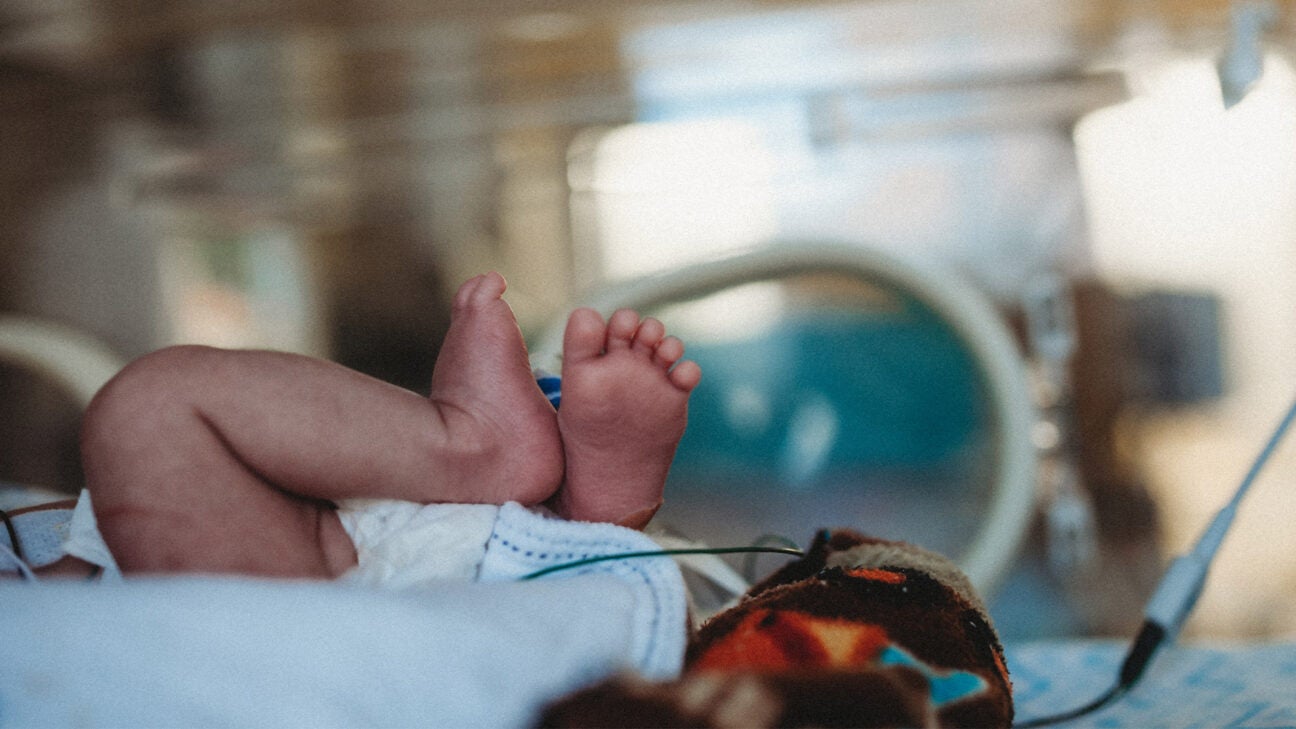
- Researchers say low birth weight may be a more significant factor in childhood development issues than previously thought.
- They report that infants born in the lowest 25th percentile in birth weight are more likely to develop issues with fine motor and communication skills.
- Experts say more programs are needed to make sure expectant mothers can attain a healthy diet, which can improve the overall health and birth weight of their babies.
New research suggests that a greater number of babies with low birth weight may be at risk for developmental difficulties than previously thought.
Earlier studies have shown that infants in the lowest 10 percent of birth weight, which includes most premature babies, are at risk for not hitting developmental milestones and having other developmental difficulties.
However, the new study led by scientists at Coventry University in the United Kingdom, reports that infants in the lowest 25 percent of birth weight may also face similar issues.
The researchers looked at a group of 600,000 children around 2 and 3 years of age over a 12-year period. They reported that those who had been born in the lowest quartile for weight were more likely to have fine motor, gross motor, and communication skills difficulties compared to children who had been born at higher weights.
This birth weight marker could “be used by healthcare workers (such as pediatricians, health visitors, and child health nurses) as an additional risk ‘flag’ for early childhood developmental concerns and to highlight to parents children who may need added monitoring and support to achieve their full developmental potential,” the study authors write.
“This is not a surprising finding but does highlight the need for vigilance of a different subset of low birth weight babies, including those who are not at the lowest of weight but those just above that,” said Dr. Danelle Fisher, FAAP, a pediatrician and chair of pediatrics at Providence Saint John’s Health Center in California.
“Low birthweight can be caused by a number of reasons, especially with infections or chromosome abnormalities, but it can also be a sign of malnutrition of the mom or other maternal conditions,” she told Healthline.
Dr. Gina Posner, a pediatrician at MemorialCare Orange Coast Medical Center in California, agreed.
“Poor prenatal nutrition, the expecting mother using alcohol, cigarettes or drugs, chronic conditions in the expecting mother, and the expecting mother having high blood pressure or being low weight are all contributing factors to low baby birth weight,” she told Healthline.
How to help attain healthy birth weight
“To encourage healthier weight babies, moms-to-be should be informed to take care of themselves during the gestational period and have good prenatal care,” Fisher said.
But what does that entail?
On an individual level, some research has shown that following a healthy diet that ranks highly on the U.S. Department of Agriculture’s Healthy Eating Index (scoring a 70 or higher) was associated with a 67 percent lower risk of fetal growth restriction and a 54 lower risk of high blood pressure during pregnancy, which is also associated with low birth weight.
There isn’t a one-size-fits-all diet to reach those scores, but experts emphasize fruits and whole grains as well as vegetables, seafood, and plant protein over foods such as added sugars and saturated fats.
However, getting that increased monitoring and support goes beyond individual efforts. Around one in four mothers in the United States do not receive the early, adequate, and continuous prenatal care that would help reduce the number of low birth weight babies.
And those numbers vary across ethnicities, with 82% of non-Hispanic white women receiving prenatal care in the first trimester compared to 67% of non-Hispanic black women and 72% of Hispanic women.
“Though it is mostly unrecognized, babies who are mild-to-moderately small at birth are key contributors to the burden of childhood developmental concerns,” said Dr. Abiodun Adanikin, an obstetrician and an assistant professor at Coventry and the lead study author, in a press release. “They may need closer monitoring and increased support to reduce the risk of developmental concerns.”
Low Birth Weight May Be Linked to Childhood Development: What Parents Should Know
Source: Pinoy Lang Sakalam



0 (mga) komento:
Mag-post ng isang Komento